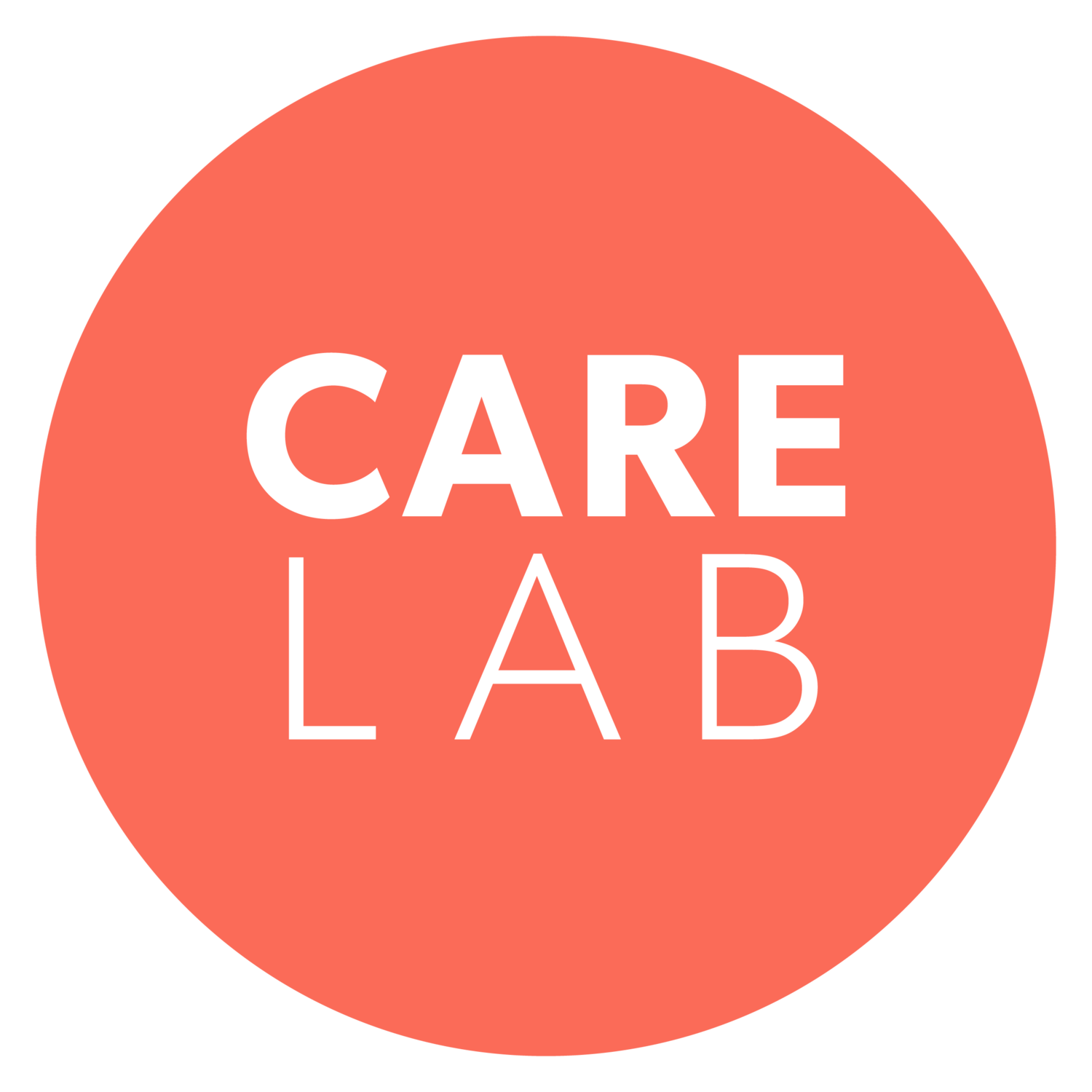Care Lab Reaches Half the Senate
When we began designing CARE LAB’s Three Dinners program in 2021, many of our closest advisors told us that getting senior leaders on Capitol Hill to come together in person, attracting a bipartisan group, and engaging them in discussions around “care” would be next to impossible.
In the spirit of our experimental “lab,” we decided to try anyway, and now, two years later, 52 U.S. Senate Chiefs of Staff have gone through our program.
We believe that this is not despite the challenging context in which we started (which included the aftermath of January 6, a pandemic, and a polarized racial justice reckoning), but because of it.
There is a hunger, among our leaders and far beyond, for new perspectives, tools, and pathways toward a better form of engagement, or what we call care.
As a Republican Chief described: “Providing a ‘safe space’ forum for Chiefs to learn, discuss, and share strategies for resolving conflict, facilitating dialogue, and building greater trust is an absolutely necessary step toward repairing our troubled politics and civil society at large."
The bipartisan group of Chiefs who have participated in our programming runs the gamut of the Senate. It includes progressive Democrats, Republicans whose bosses voted against certifying election results, and moderates from both parties.
Nearly all of these Chiefs have told us that because of the dinners, they have gotten to know Chiefs who they did not know previously, and deepened relationships with others who they did.
These relationships are important for two reasons. The first is the more obvious: Chiefs explain that the comfort and trust they’ve initiated with each other during our dinners have made it easier to reach out and help their bosses propel bipartisan legislation forward.
The second is perhaps even more important. This web of relationships creates the type of resilience that is essential for de-escalation and crisis control when conflict erupts. Two Chiefs have told us that after a particularly heated exchange on the Senate floor, they set their bosses up for a dinner. It wasn’t public, and it didn’t lead to legislation, but it made it possible to keep going back to work together. Experts of global violent conflict have told us time and again that it matters whether or not leaders know someone “on the other side” who they can call, not just during political stalemate, but also during moments of national violence or crisis.
Our alumni Chiefs report that they are using the language and practices that they’ve gained in Three Dinners to listen better, manage toxic stress, avoid “high conflict” and recognize when they are engaging in "othering" behavior and dialogue. A participating Democratic Chief explains: “I approve all of my boss’s social media. After going through the [Three Dinners] series, I have had to change how I approach this. I don’t want us to say hateful things."
Now that the Care Lab network of Chiefs is established and growing, the hardest work begins. Together with our expert advisory board - Amanda Ripley, john a. powell, Curtis Toler, and Alexander Caillet - Care Lab’s alumni Chiefs are working to take their skills to the next level by using them to engage with people back in their states and deliberating how they can better institutionalize them on the Hill.
As gang leader turned violence interruptor Curtis Toler tells us, in conflict there are always inflection points: moments when an opportunity for redirection is possible. Our task is to continue to deepen trust and build resilience, to keep learning and experimenting, and to be ready to recognize those moments when they arise.
